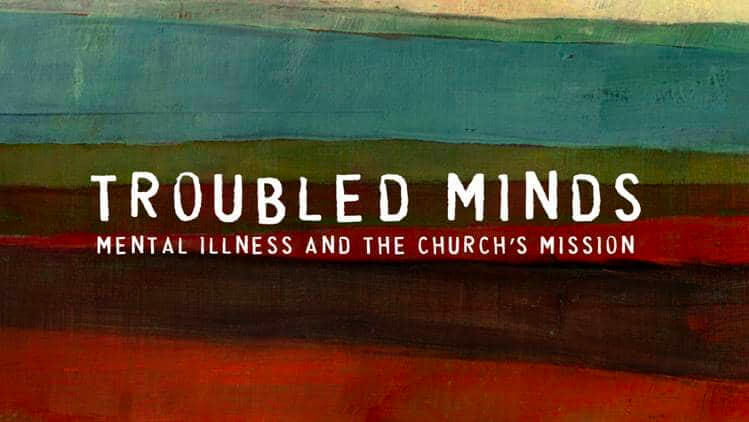
Bernau, John A. “From christ to compassion: The changing language of pastoral care.” Journal for the Scientific Study of Religion 60, no. 2 (2021): 362-381.
Simpson, Amy. Troubled minds: Mental illness and the church’s mission. InterVarsity Press, 2013.
Mental Illness
The major theme of the readings is the abandonment and rejection of mentally ill patients. Many mentally ill patients in society are discriminated against due to their condition. There are many cases where people with mental disorders get stigmatized due to the way other individuals perceive them.[1]. Unfortunately, stigma originates from people close to them for multiple reasons. For instance, the stereotypic belief that mentally ill patients are dangerous and are possessed by evil. Numerous scenarios exist where a mentally sick church member is avoided because they are possessed. The rejections cause stigmatization to the patient and their family. Moreover, the whole community can avoid mentally ill patients due to the perception they are dangerous to others. However, research indicates that mentally ill patients are likelier to get attacked and harm themselves than to hurt others.[2]. Another reason why they are discriminated against is the media and access to information that links mental illness with violence. As a result, they portray the individual with a mental disorder as evil and criminal and enable them to live normal and fulfilling lives.
Stigmatization of mentally ill people is relevant to pastoral care because it plays a critical role in eliminating stigma. There are multiple ways pastoral care can help patients with mental disorder and their families. For instance, advise the patient to visit a mental hospital for treatment and visit their regulations. This shows unity, and they will not feel discriminated against[3]. Moreover, the pastor can provide physical, emotional, and spiritual healing by praying for them.
Psychopathological Disorders
Besides the stigmatization of mentally ill patients, another theme in the reading is the solution to modern psychopathologies. In this case, Multiple psychopathological disorders such as anxiety, bipolar disorder, eating disorder, neurocognitive disorder, and depressive disorders affect many people. The solutions are divided into two main parts, namely the secular and the Christian ways, but most of them are the same.[4]. For instance, psychopathological disorders can be solved by focusing on supporting friends and relatives, which boosts peace of mind. Also, practicing a shifting perspective will boost the ability to avoid and treat some psychopathological disorders. A shift disorder entails changing how an individual looks at things and focusing on the positive, making things feel less stressful.[5]. Both Christians and nonbelievers can practice these solutions.
Sorting out psychological disorders is relevant to pastoral care because multiple Christians suffer from these conditions and need help. There are multiple activities that pastors can use to help patients with psychopathological disorders. First, they can pray for them to get internal peace. Prayers are critical in providing emotional and spiritual healing to multiple patients. Even though the patients need to visit to get medical care, they need to pray for them if they are believers. Also, they can offer guidance and give the patients hope of healing.[6]. Other psychopathological problems need an individual to know they are supported. Lastly, pastoral care is vital as it provides patients with sustenance. There is a need for the pastor to visit and comfort the patients when they are in distress.
Bibliography
Bernau, John A. “From christ to compassion: The changing language of pastoral care.” Journal for the Scientific Study of Religion 60, no. 2 (2021): 362-381.
Simpson, Amy. Troubled minds: Mental illness and the church’s mission. InterVarsity Press, 2013.
Yarhouse, Mark A., Richard E. Butman, and Barrett W. McRay. Modern psychopathologies: A comprehensive Christian appraisal. InterVarsity Press, 2016.
[1] Simpson, Amy. Troubled minds: Mental illness and the church’s mission. InterVarsity Press, 2013.
[2] Ibid 1
[3] Bernau, John A. “From christ to compassion: The changing language of pastoral care.”
[4] Yarhouse, Mark A., Richard E. Butman, and Barrett W. McRay. Modern psychopathologies: A comprehensive Christian appraisal.
[5] Ibid 4
[6] Ibid 3
Assessment in Pastoral Care and Counseling
https://youtu.be/VlbrTo9eRw0
Pr. Lijo George
Fuller Theological Seminary
CN721 Mental Health Issues in Congregation
Dr. Chris Adam
10/14/22

